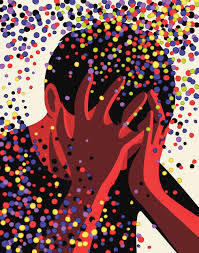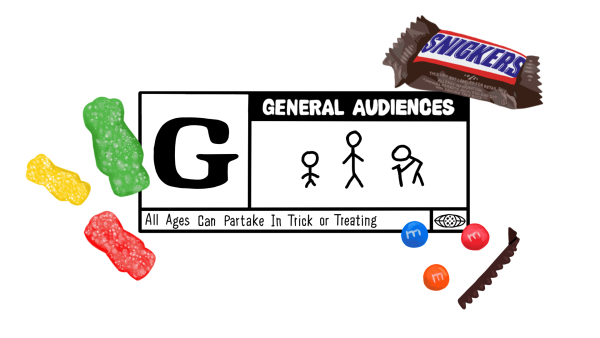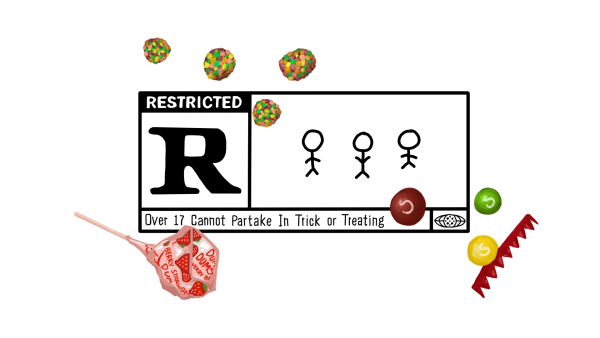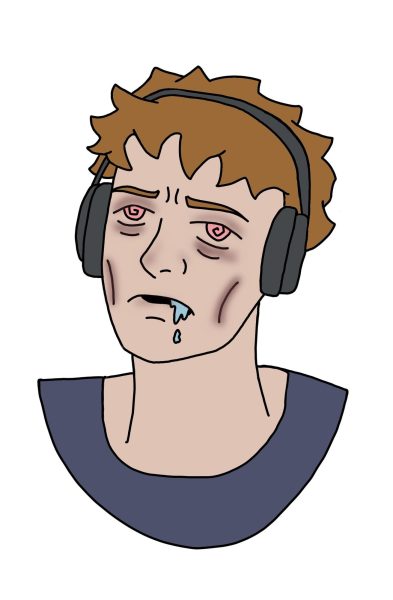Mental illness as a trend?

Photo Courtesy of The SME Harbinger
Rates of mental illness like depression and anxiety have been heightened amongst teenagers during Covid-19. Part of this has to do with the ongoing stress of maintaining a good GPA and also balancing a social life while concerns for the future weigh everybody down. The good news is, social media has helped spread awareness about mental illnesses. Raising mental health awareness increases the number of people around you who can help, which often results in a faster recovery. Now, the bad news, with more people exposed to mental illnesses, words like “anxiety” and “depression” get casually thrown around, taking away their seriousness. Because of this, many now consider mental illnesses as something that is desirable or a personality trait that makes them unique.
Of course, everyone has felt sad or anxious before, but experiencing occasional feelings of sadness is nothing like having a diagnosed mental illness. Many people are guilty of saying phrases like “I have so much anxiety” or “I’m so depressed”, and these should probably evoke concern and/or surprise. But, because so many students say this, diagnosed or not, it is overlooked in cases where the students actually need help. The same goes for other mental illnesses, like anxiety (especially OCD, social anxiety and PTSD), eating disorders, and many more. Because these phrases are so ingrained into our generation, it causes mental illnesses to be normalized, like just a phase or another obstacle that everyone goes through in life. However, in reality it is actually a very serious matter that needs to be treated as seriously as any physical illness.
Using mental illness as a way to gain attention and sympathy is insensitive to those who actually struggle with mental illness. If you are genuinely concerned that you have a mental illness, see a psychiatrist and seek therapy, as mental illnesses should not be left untreated. If your parents will not let you seek help for whatever reason and talking with them will not help, you should see your school counselor or school nurse to help set you up for proper treatment. If possible, talk to your family doctor when you see them to be screened for depression or anxiety, or as a last resort, some websites offer online therapy, although it is not a proper substitute for actual therapy.
Mental illnesses are not a trend and should not be romanticized when people suffer from them. Do not be that person who lies about having mental illnesses to seem unique and “quirky,” it is embarrassing. But if you do need help, do not hesitate to reach out to somebody you are comfortable with or get professional help.










